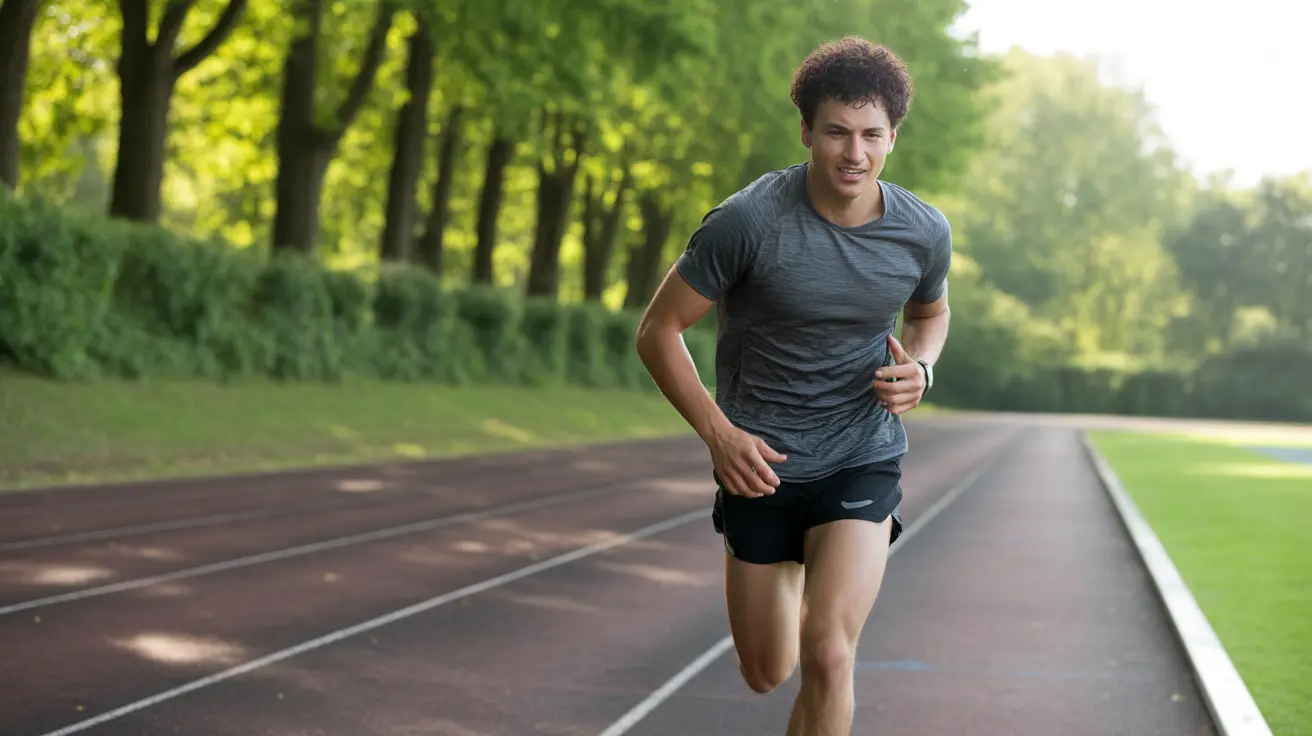If you've ever experienced an intense itching sensation in your legs during or after running, you're not alone. Runner's itch, also known as exercise-induced urticaria, is a common condition that affects many athletes and fitness enthusiasts. This frustrating sensation can impact your workout quality and motivation, but understanding its causes and management strategies can help you maintain your running routine.
In this comprehensive guide, we'll explore what causes runner's itch, how to prevent it, and effective treatment options to help you stay comfortable during your runs.
What Causes Runner's Itch?
Runner's itch occurs due to several physiological responses during exercise:
Blood Flow Changes
When you start running, your body increases blood flow to working muscles. This sudden expansion of blood vessels can trigger nerve endings in your skin, leading to itching sensations, particularly in your legs.
Histamine Response
Exercise can trigger the release of histamine in your body, similar to an allergic reaction. This natural response can cause temporary inflammation and itching in the skin.
Inactive Capillaries
If you're new to running or returning after a break, dormant capillaries suddenly becoming active can cause temporary irritation and itching as they expand to meet increased blood flow demands.
Prevention Strategies
Gradual Exercise Progression
Start your running routine gradually to allow your body to adapt to increased blood flow demands. Begin with shorter distances and slower speeds, gradually building up intensity over time.
Proper Warm-up
Incorporate a thorough warm-up routine before running to help your circulation adjust more smoothly:
- Light walking for 5-10 minutes
- Gentle stretching exercises
- Progressive increase in movement intensity
Appropriate Clothing
Choose moisture-wicking, breathable fabrics that won't irritate your skin. Avoid tight clothing that might restrict blood flow or cause additional friction.
Treatment Options
Immediate Relief
When runner's itch strikes, try these quick solutions:
- Temporarily reducing exercise intensity
- Applying cool compresses to affected areas
- Wearing looser-fitting clothing
- Taking brief walking breaks
Long-term Management
For ongoing prevention and management:
- Regular exercise to maintain capillary activation
- Antihistamines before running (consult your healthcare provider first)
- Proper skin moisturization
- Maintaining good overall circulation through consistent activity
When to Seek Medical Advice
While runner's itch is usually harmless, certain symptoms warrant medical attention:
- Severe or persistent itching that doesn't improve
- Accompanying hives or rash
- Difficulty breathing or chest tightness
- Dizziness or fainting during exercise
Frequently Asked Questions
- What causes runner's itch and why do my legs get itchy when I run?
Runner's itch is primarily caused by increased blood flow during exercise, which expands blood vessels and activates nerve endings in your skin. This response, combined with histamine release and the activation of dormant capillaries, creates the itching sensation.
- How can I prevent or reduce runner's itch during and after exercise?
Prevent runner's itch by warming up properly, wearing appropriate clothing, and gradually increasing exercise intensity. Starting slowly allows your circulation to adjust more effectively.
- Are there effective treatments or home remedies for relieving runner's itch?
Yes, effective treatments include applying cool compresses, taking short breaks during exercise, wearing loose-fitting clothing, and potentially using antihistamines under medical supervision.
- When should I be concerned about itching with exercise and see a doctor?
Seek medical attention if you experience severe itching, persistent symptoms, accompanying hives or rash, breathing difficulties, chest tightness, or dizziness during exercise.
- Can sensitive skin or allergies make runner's itch worse, and how can I manage this?
Yes, sensitive skin and allergies can exacerbate runner's itch. Manage these conditions by using hypoallergenic products, wearing appropriate clothing, maintaining skin moisture, and consulting with a healthcare provider about potential allergy treatments.




